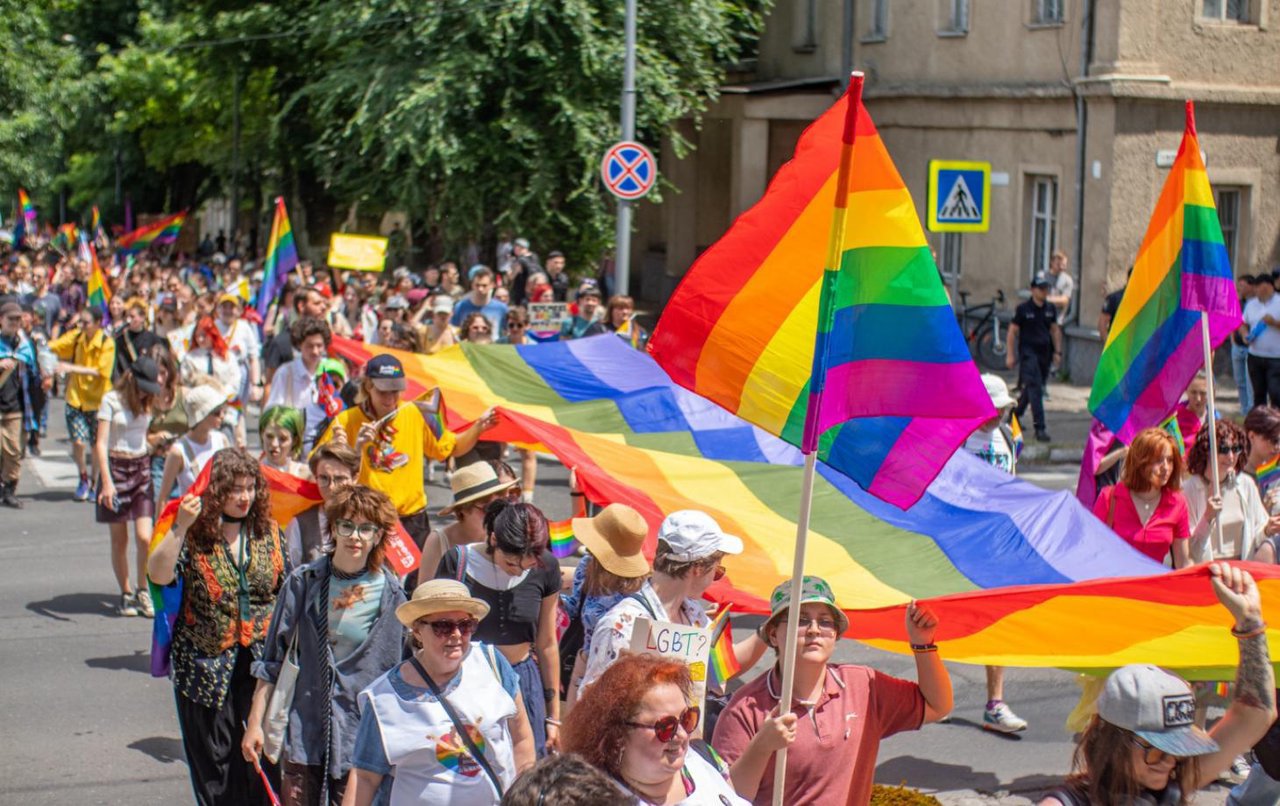A new bill recently registered in Parliament provides for amendments to seven legislative acts, including the Audiovisual Media Services Code and the Law on Freedom of Expression. The authors of the initiative propose introducing a set of prohibitions on the “promotion” of “non-traditional” relationships, including in the media. Parliamentary lawyers point out that the adoption of the draft will undermine several fundamental rights and freedoms, including freedom of expression and the right to information.
The initiative, which proclaims the protection and promotion of “traditional” spiritual and moral values as a binding principle in several areas, including the media and public expression, was registered on 4 June by MPs Denis Ulanov, Vadim Fotescu and Reghina Apostolova, elected on the lists of the former Shor Party.
Among the key changes included in the draft is the amendment of the Code by introducing an obligation for media providers to avoid content that could be considered contrary to traditional spiritual and moral values.
The initiative provides for the addition of an article to the Education Code that explicitly prohibits the “promotion or support” of non-traditional relationships and different gender identities in educational institutions. In the case of the Freedom of Expression Law, this involves expressly limiting freedom of opinion and expression in relation to the aforementioned topics, and in the Assembly Law, prohibiting public gatherings that promote or support non-traditional relationships or diverse gender identities. The Family Code and the Adoption Law prohibit LGBT+ persons from adopting children and extend the concept of family exclusively to heterosexual couples. The Code of Offences proposes the introduction of a new article (902) which punishes with a fine and a ban on activities any “propaganda” in support of non-traditional relationships or gender identity. Fines can reach 900 conventional units, and penalties can include suspension of activities for up to five years.
In the explanatory memorandum, the MPs argue that the bill responds to an “ideological and cultural threat” that would affect national identity, the traditional family and the development of children. They cite LGBT parades, the influence of the media and “new moral norms” as destructive elements that justify firm legislative measures.
The initiators also argue that there are no legislative alternatives to prevent what they call the “spread of destructive ideology,” which is why they did not consider other regulatory options.
Criticism from Parliament’s legal experts: vague terms, risk of unconstitutionality, discriminatory nature
According to the opinion of the Parliament’s General Legal Directorate, the draft raises serious questions about its compatibility with the Constitution and international human rights standards. Among the main objections are:
- Declaratory norms with no concrete legal value, such as the proclamation of traditional values as a “supreme principle”;
- Ambiguous and undefined terms that may lead to discretionary interpretations;
- Contradictions with Articles 16, 31, 32, 34 and 35 of the Constitution, which guarantee equality before the law, freedom of conscience and expression, access to information and the right to education;
- Risks of discrimination based on sexual orientation and gender identity, which contravenes Law 121/2012 on ensuring equality and the obligations assumed by the Republic of Moldova within the Council of Europe.
The lawyers also draw attention to Recommendation CM/Rec(2010)5 of the Committee of Ministers of the Council of Europe, which obliges member states to guarantee freedom of assembly and expression.
